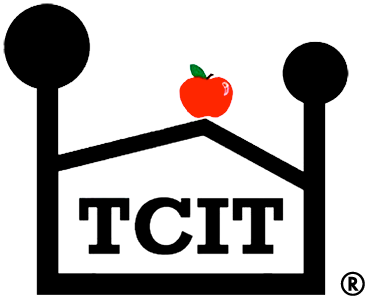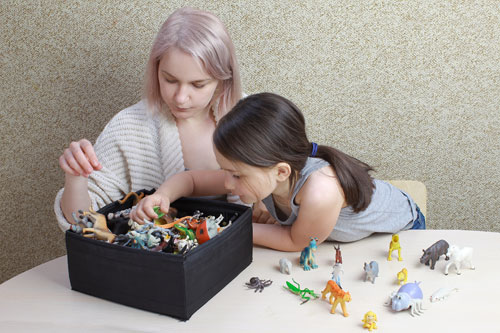Mental Health Providers
- Are you concerned that young children in your practice are not benefiting as fully from therapy as they could be?
- Are you aware of children in need of mental health services who are not able to receive them due to costs, access to services, or other barriers?
- Have you found that the gains of child therapy or parent training sometimes do not generalize to the child’s classroom?
- Are you in search of ways to align your therapy services with your local school district, early education program, or childcare services?
- Have you found that a student’s ability to transition, sustain attention, and follow directions often determines whether the student is on the trajectory for success or failure in school?
If you answered YES to any of these questions, consider TCIT-U, a professional development approach for helping to build teachers’ positive relationship and classroom management skills to support young children’s school success.
As a mental health provider, you understand the risks of early behavioral and emotional problems and the potential impact on development.
You know that:
- Disruptive behaviors such as inattention, noncompliance, over-activity, and aggression are the most common referral concerns in the preschool years.
- Left untreated, disruptive behaviors often develop into more severe and potentially debilitating behavioral or emotional disorders.
- Disruptive behaviors impair teacher-child relationships and teachers’ abilities to foster young children’s skill development.
- Young children in negative teacher-student relationships are more likely to be referred for special education services than children in positive teacher-child relationships.
- Early intervention is critical to help children with identified behavior problems get a successful start in school.
- Preventive interventions such as TCIT-U strengthen the development of all children, including those at increased risk of disabilities and those not yet identified as in need of intervention.
TCIT-U is a professional development, train-the-trainer model for strengthening teachers’ relationship skills to promote young children’s social emotional development.
Adapted from Dr. Sheila Eyberg’s Parent-Child Interaction Therapy PCIT), an evidence-based treatment for children aged 2-7 years with disruptive behavior.
The TCIT-U program has been endorsed by the PCIT International Board of Directors
How is TCIT-U related to Parent-Child Interaction Therapy (PCIT)?
- Uses the same conceptual framework, drawing on theories of child development, social learning, and adult–child attachment
- Incorporates the same core principles as PCIT while attending to the unique dynamics of the classroom.
- Employs a manualized approach including didactic instruction, practice exercises, and in vivo coaching, which provides teachers with immediate feedback on skill use during the flow of classroom activities
- Implemented in two distinct phases:
Child Directed Interaction (CDI), during which teachers learn skills in positive and responsive communication
Teacher-Directed Interaction (TDI), during which teachers learn to provide effective instructions, follow through consistently and implement a structured discipline procedure for serious misbehavior. - Utilizes behavioral observation of the teacher’s use of target skills during teacher–child interactions prior to each coaching session



